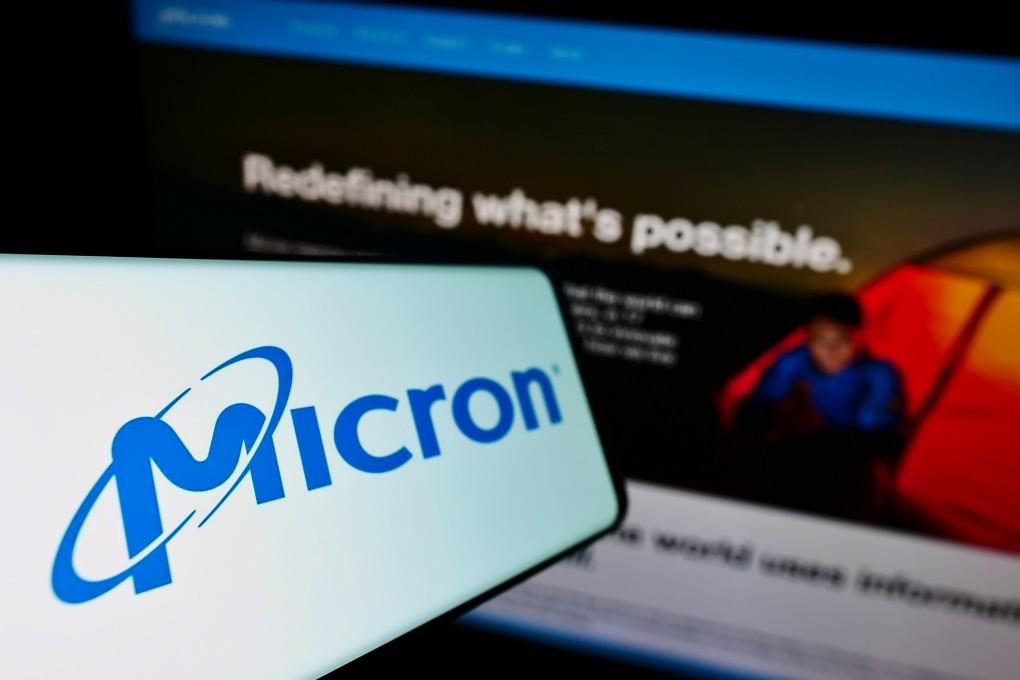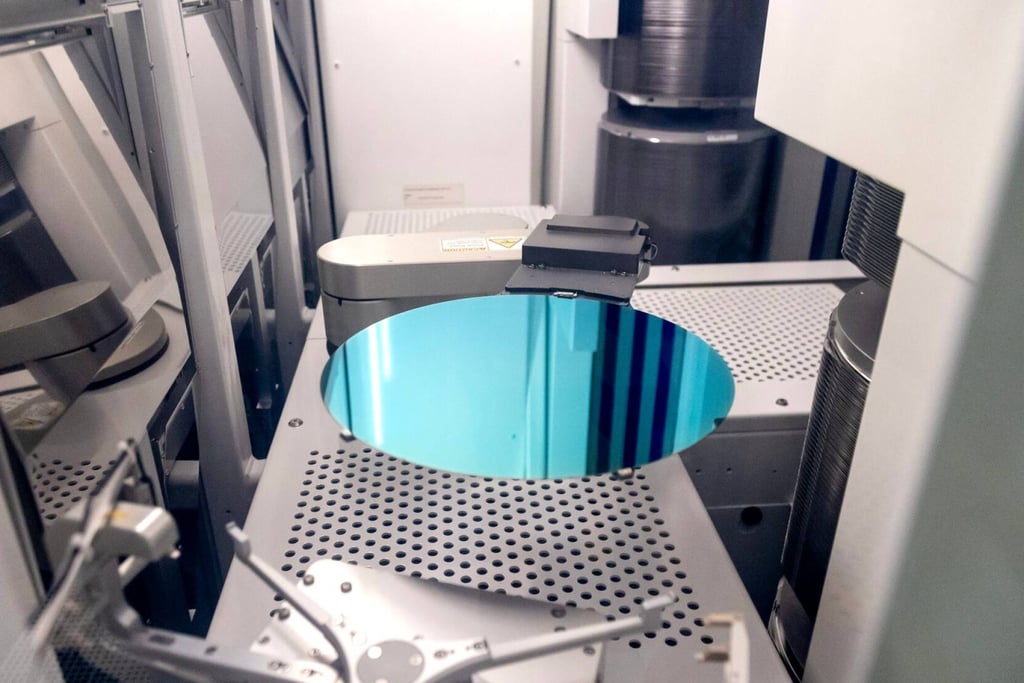Micron stock declines after forecast fails to meet lofty AI spending expectations
- Micron’s shares fell 7 per cent in extended trading, spoiling this year’s 67-per cent rally on expectations that it will benefit from AI demand

Micron’s fiscal fourth-quarter sales will be US$7.4 billion to US$7.8 billion, the company said in a statement on Wednesday. While the average analyst estimate was US$7.58 billion, some projections were above US$8 billion. Profit will be about US$1.08 a share, minus certain items, versus a projection of US$1.02.
The Nasdaq-listed company’s shares fell about 7 per cent in extended trading. Micron had rallied 67 per cent this year before the close, lifted by investor expectations that it will be one of the main beneficiaries of AI spending.

In the third quarter, which ended May 30, Micron’s revenue rose 82 per cent year on year to US$6.81 billion. The Boise, Idaho-based company reported a profit of 62 cents a share, excluding certain items. That compares with estimated sales of US$6.67 billion and a projected profit of 50 cents a share.
